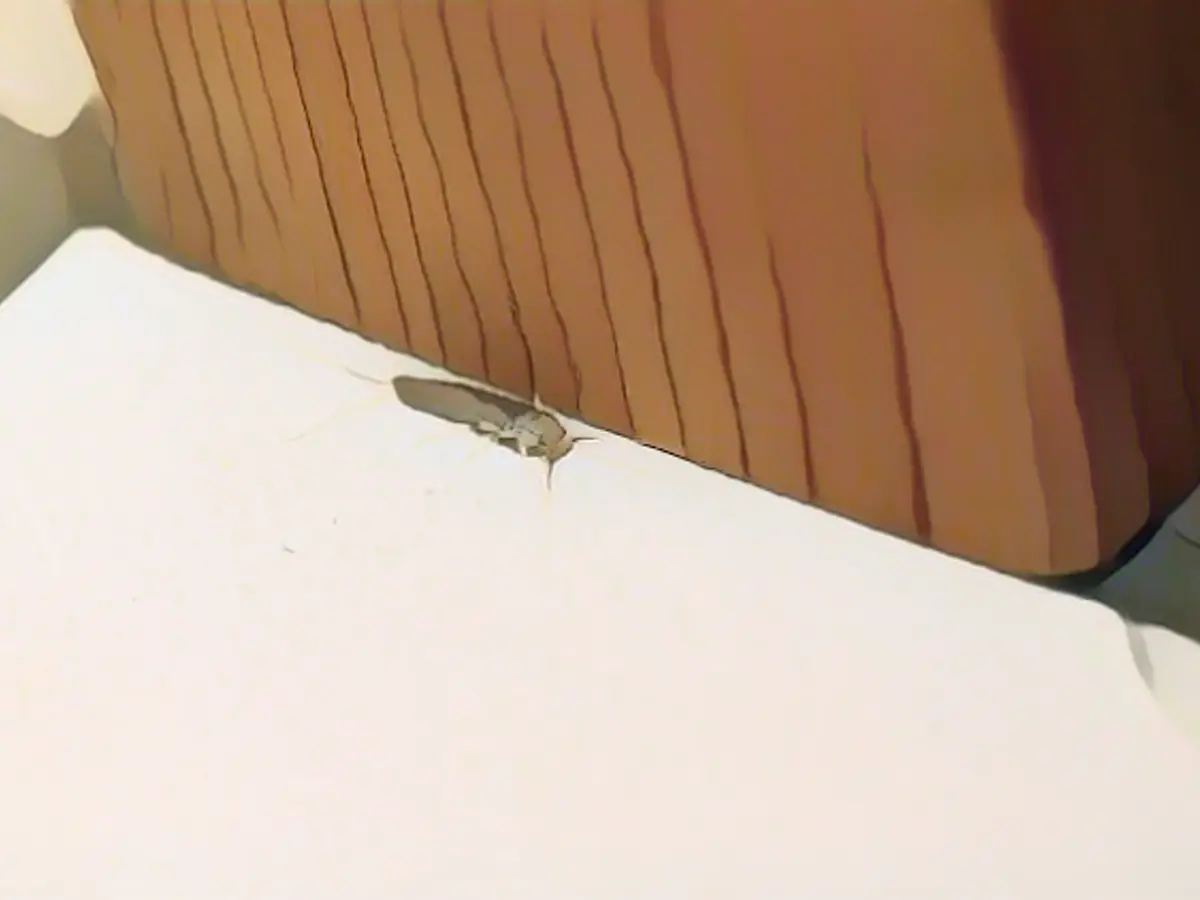Dealing with Pest Problems in Rented Property
As a tenant, experiencing pests like silverfish or moths in your apartment is more than just an inconvenience. These irritating creatures can also indicate issues with the property, making it the landlord's responsibility to address the problem. Here's what you should do if you encounter pests in your rented property.
Recognizing a Pest Problem
The definition of a pest infestation isn't black and white. According to Julia Wagner from the property owners' association Haus & Grund Deutschland, a single beetle or ant doesn't classify as an infestation. However, frequent sightings or significant numbers can be a problem.
Rats, mice, wasp nests, and pigeon nests in your apartment or on the balcony are clear-cut signs of an infestation. In some cases, as many as seven to eight moths removed during weekly cleaning can be considered a severe infestation. With silverfish, a threshold of 10 to 15 specimens in the apartment may indicate a defect.
What to Do if You Spot Pests
If you've identified a pest problem, your first step is to inform your landlord immediately. The responsibilty of pest removal lies with them as it's essentially a property defect.
However, if the issue is minor and limited to a few pests, you might want to attempt addressing it yourself before involving your landlord. For instance, a couple of spiders or silverfish likely don't necessitate contacting your landlord.
If you fail to report a larger infestation, though, you may be liable for any resulting damage. For example, if mice chew on electrical wiring or insects cause structural damage.
Liability for Repairs
Typically, the landlord is responsible for covering the costs of pest control as part of their maintenance obligations. However, if it's proven that the pests entered the property as a result of the tenant's actions, they may have to cover the costs associated with the damage.
Passing on Costs as Operating Expenses
The landlord cannot pass on the costs of pest control as operating expenses unless there's a clear agreement in the lease agreement regarding preventive measures against pests.
Rent Reduction
In some instances, a pest infestation might justify a reduction in rent. However, the extent of the reduction depends on the severity of the infestation and its impact on your ability to use the apartment properly.
Landlord Failure to Address Pests
If the landlord fails to address the pest issue, tenants have the right to hire a pest control service and charge the landlord for the costs.
Additional Guidelines
- Landlords should maintain their property, including pest control, to ensure a habitable living environment for tenants.
- Tenants should consult with their real estate advisor if they encounter pests in their apartment to understand their rights and obligations.
- During property inspections, landlords should look for signs of pest infestations and take necessary measures to maintain the property.
Sourced from
Pest Problem Insights
To determine a pest infestation in a rented apartment, look for signs like live cockroaches, droppings, egg cases, and a musty odor. If you do encounter a pest issue, prompt action is crucial, involving notifying your landlord, hiring a pest control company, and implementing preventive measures. Tenant cooperation and clear communication with the landlord are essential for effective pest control.








